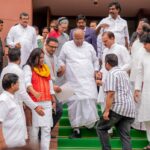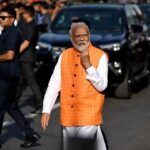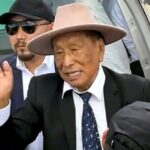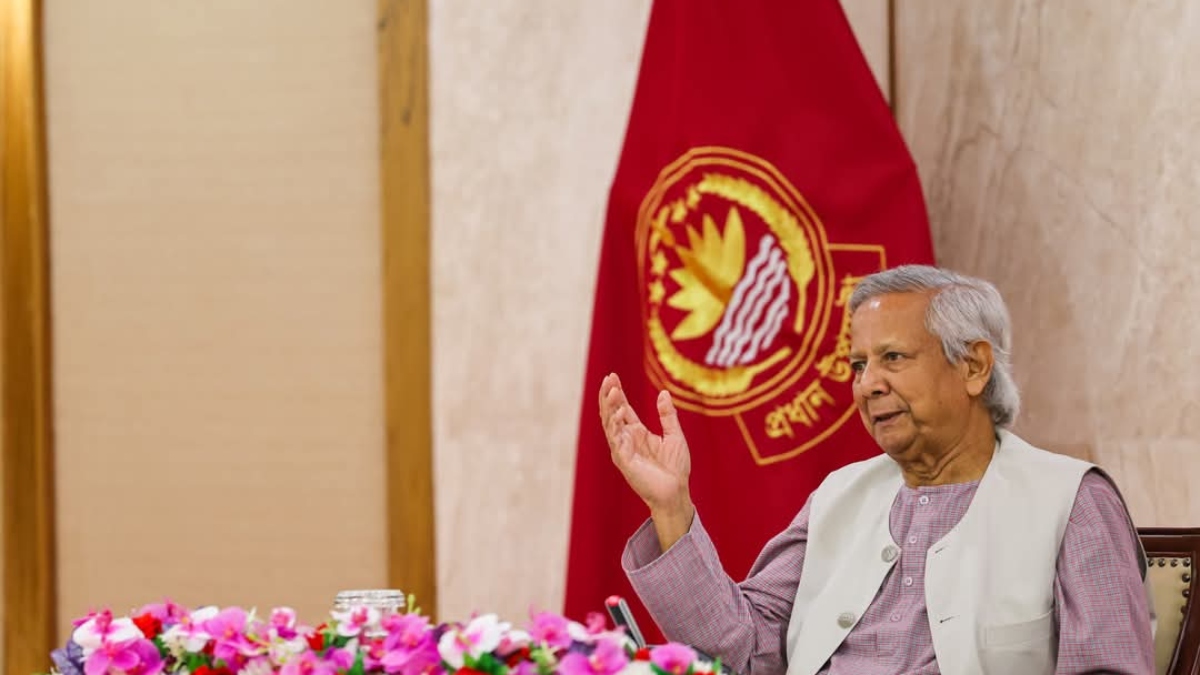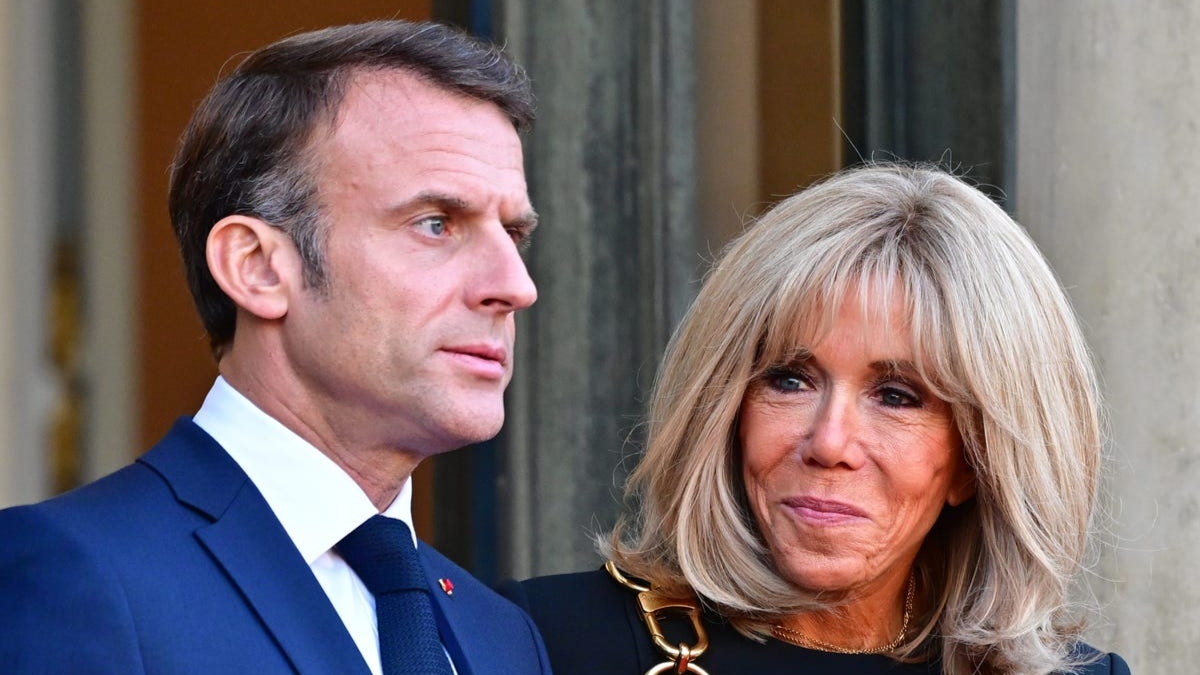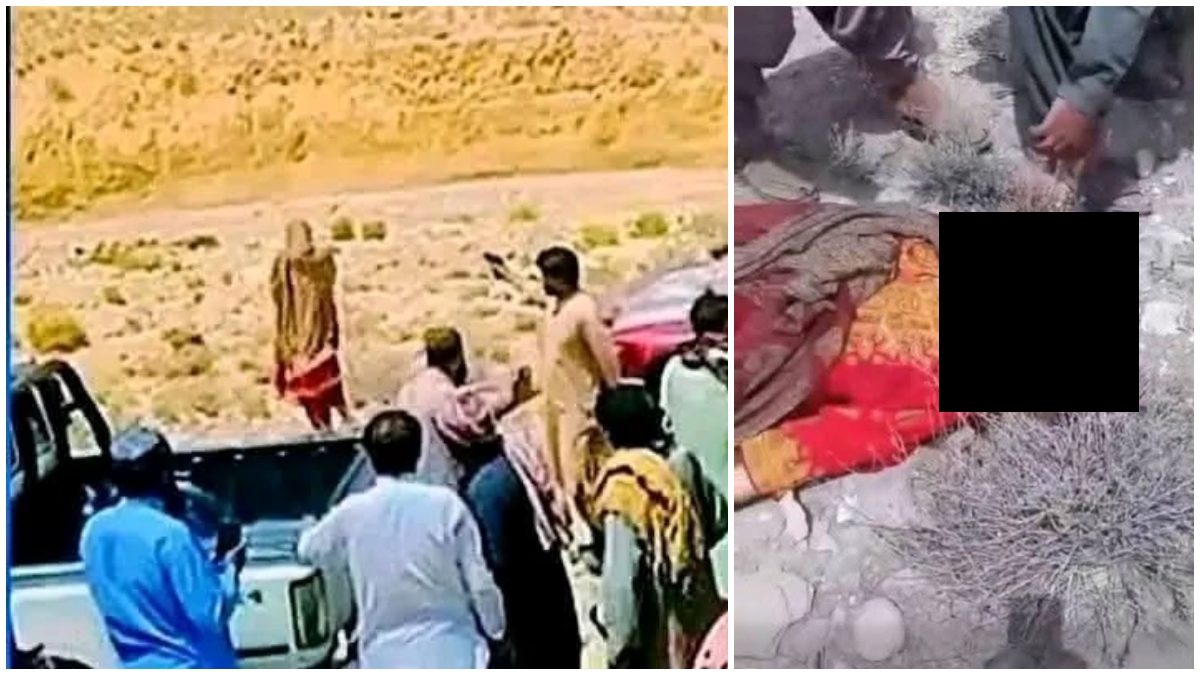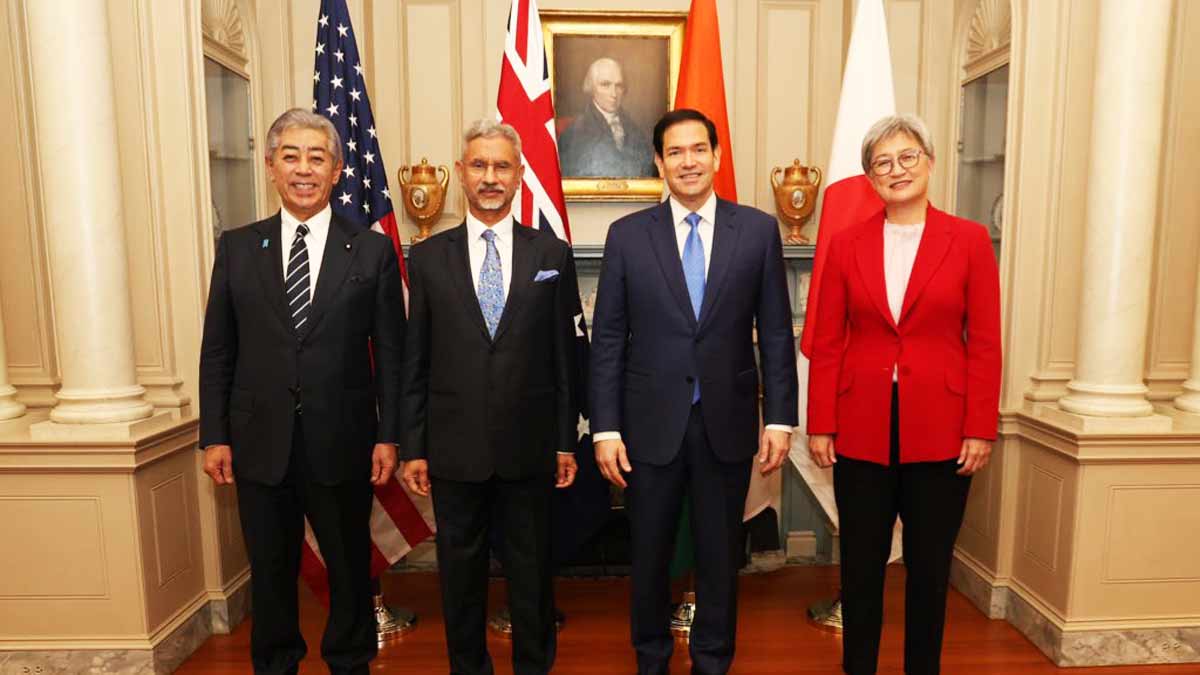Prof. Dr. Muhammad Yunus, the leader of Bangladesh’s interim administration, has encouraged European nations to move their immigration centres for Bangladeshis from Delhi to Dhaka or another adjacent country in the midst of the diplomatic impasse between India and Bangladesh. This comes days after it was reported in the local media that Dhaka was considering alternate options for importing basic foods like onions and potatoes.
Yunus made the appeal while meeting with European officials at his Tejgaon office in Dhaka. The meeting was attended by more than 19 diplomats from both New Delhi and Dhaka.
He attributed the increase in demand on “visa restrictions” in India. He stated, “India’s restrictions on visas for Bangladeshis have created uncertainties for many students who cannot travel to Delhi for European visas,” and that as a result, excellent Bangladeshi students are being lost to European universities.
“Relocating visa offices to Dhaka or a nearby country would benefit both Bangladesh and the European Union,” he stated to the ambassadors. According to the Dhaka Tribune, Dhaka officials also pointed to Bulgaria as an example, which has already moved its immigration centre for Bangladeshis to Indonesia and Vietnam.
The ambassadors pledged to offer guidance and support in creating a new Bangladesh and stated their support for Dhaka’s reform efforts.
In order to combat “the widespread misinformation” about Bangladesh, Yunus also asked the EU for assistance. Additionally, he charged Sheikh Hasina, the former prime minister, and her associates with “laundering significant amounts of money to destabilise the country.” Additionally, Yunus asserted that he was holding discussions with representatives of Bangladesh’s religious and political sectors.
On Monday, Dhaka announced that India would boost the number of visas granted to Bangladeshi citizens. This declaration was made immediately following a meeting between Indian Foreign Secretary Vikram Misri and Chief Advisor Dr. Muhammad Yunus. Reporters were informed by Environment Advisor Syeda Rizwana Hasan that Misro assured the Bangladeshi side that he will take action.
There are very few visas available to Bangladeshis from India. MEA claims that they are only granting a small number of visas for urgent medical and other reasons.
“We have already started giving emergency and medical visas. We will do it as soon as the law and order situation improves and conditions allow us to resume regular visa operations (in Bangladesh),” MEA officials stated last month.
According to recent reports, Dhaka was considering importing potatoes and onions from places other than India. Authorities have given two reasons for the action: “the rising prices of onions and potatoes in the Indian market” and “various decisions taken by Indian authorities to discourage exports.”


